Jeff VanderVeen had just turned 40 years old when he had his lightbulb moment.
He had a long history of smoking, and he found himself battling high blood pressure and high cholesterol. He struggled with lack of energy and lack of sleep, too, so he knew it had come time to make a change.
These are the types of ailments that definitely creep up on people as they approach 40, said Harland Holman, MD, a physician with the Spectrum Health Family Medicine Residency Center.
“A lot of chronic diseases like diabetes and high blood pressure can be handled with lifestyle changes,” Dr. Holman said. “Don’t let it get in the way of you coming in and talking to your doctor.”
And VanderVeen did just that.
Concerned about his mounting health troubles, he made an appointment to see Dr. Holman.
Together, they hatched a plan.
“I sat down and told him, ‘I’m ready to make some changes and I’m ready to quit smoking,’” VanderVeen said. “I knew I had to do something.”
He desperately wanted to quit smoking, but he knew winter would be a hard time to quit and then try to stay active, too. He also wanted to adjust his diet at the same time.
“My biggest thing was to never quit quitting,” he said.
Over the years, he had tried every available option to quit smoking—medicines, patches, lozenges.
“It ended up being mind over matter in the long run,” he said. “It was something I always wanted to kick. Knowing the addiction was there and that I could not kick it bothered me.”
With help from Dr. Holman, VanderVeen transitioned to vaping and lozenges, which served as temporary tools to help him quit. He’s been smoke-free since the start of the year.
“I started exercising regularly and made some changes to my diet, too,” he said. “I didn’t want to gain too much weight from quitting smoking.”
Dr. Holman said many men in their 40s struggle with hypertension and show early signs of diabetes and high cholesterol.
Heart disease is the No. 1 killer in men, so early detection and prevention are key.
VanderVeen’s blood pressure is something they’ll continue to watch and work on together.
“He really focused on making lifestyle changes that will indeed help in the long run,” Dr. Holman said. “The work he is doing by quitting smoking and adding exercise to his routine will help prevent him from needing medications further down the road. It will protect his heart.”
Amid all this, VanderVeen picked up an old hobby he used to love more than 20 years ago—downhill skiing. He skied on his high school ski team and taught as an instructor in his prime.
“It was a little intimidating to get back into it at first, but now I ski two or three times a week with my kids,” he said. “It’s great exercise and it’s a lot of fun to be outdoors in the winter as a family.”
He also got into prepping his meals. He eats a bowl of oatmeal for breakfast every morning, a tuna sandwich for lunch and enjoys a healthy, balanced dinner with plenty of vegetables and protein.
If he’s out to lunch while working, he’ll opt for a healthier meal such as a salad or grain bowl.
“It just works for me to keep it simple and plan what I need to eat each day,” he said.
After just a few months of making changes, his blood pressure and cholesterol levels are already within normal levels.
He’s also at a healthier weight. At his heaviest, he weighed about 218 pounds. These days, he’s down to just over 200 pounds.
“Sitting down with my doctor, having a talk and making a plan was the most helpful and most important thing I did, in my opinion,” he said.
He said he owes his success to his kids, too—they keep after him every day.
“I got two of my kids into skiing with me now, so it’s keeping us all busy and active,” he said.
VanderVeen plans to take up biking when spring hits. He’d like to make it another healthy outdoor activity for his family to enjoy.
“I’m really proud of Jeff’s progress,” Dr. Holman said. “It’s exciting to see.”
Dr. Holman calls this course of treatment “shared decision making”—a give and take with your doctor, where the patient and doctor agree on a course of treatment.
He said it works well with his patients because it’s not just the doctor telling the patient what to do. You reach an agreement and work on your health journey together.
“It’s all about incremental changes,” Dr. Holman said. “Take one thing at a time and celebrate your wins along the way.”
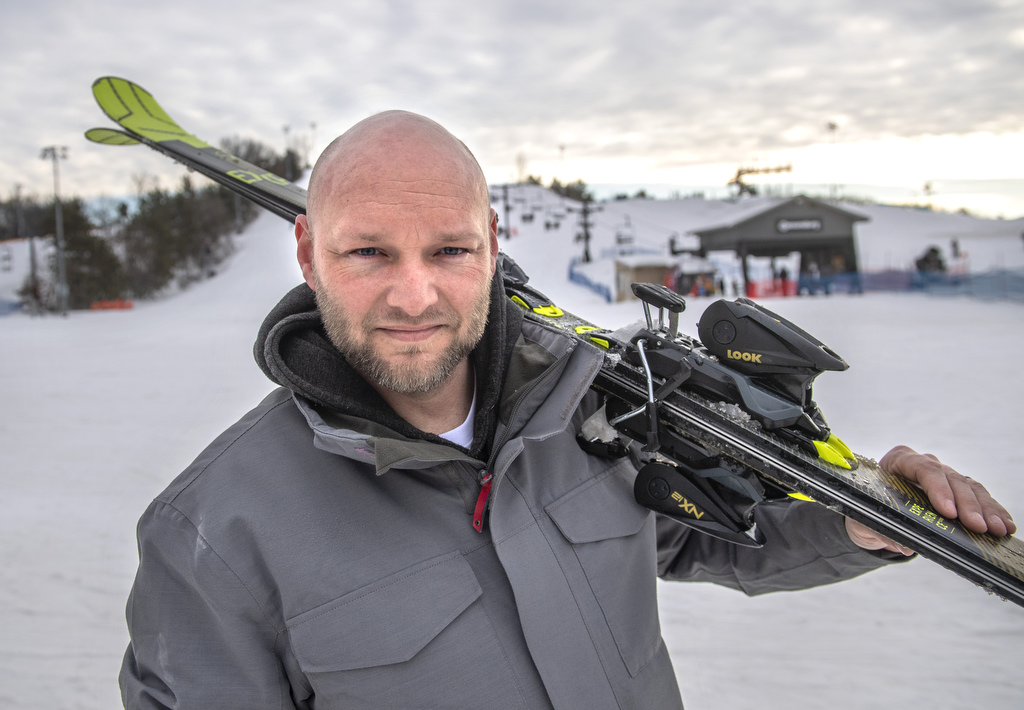
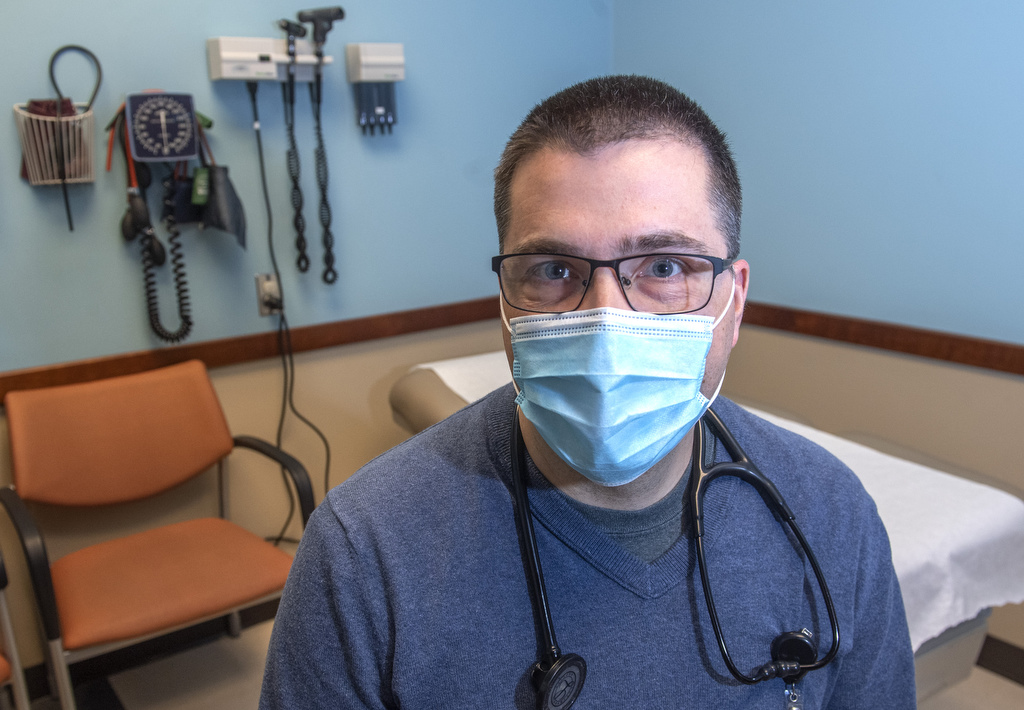
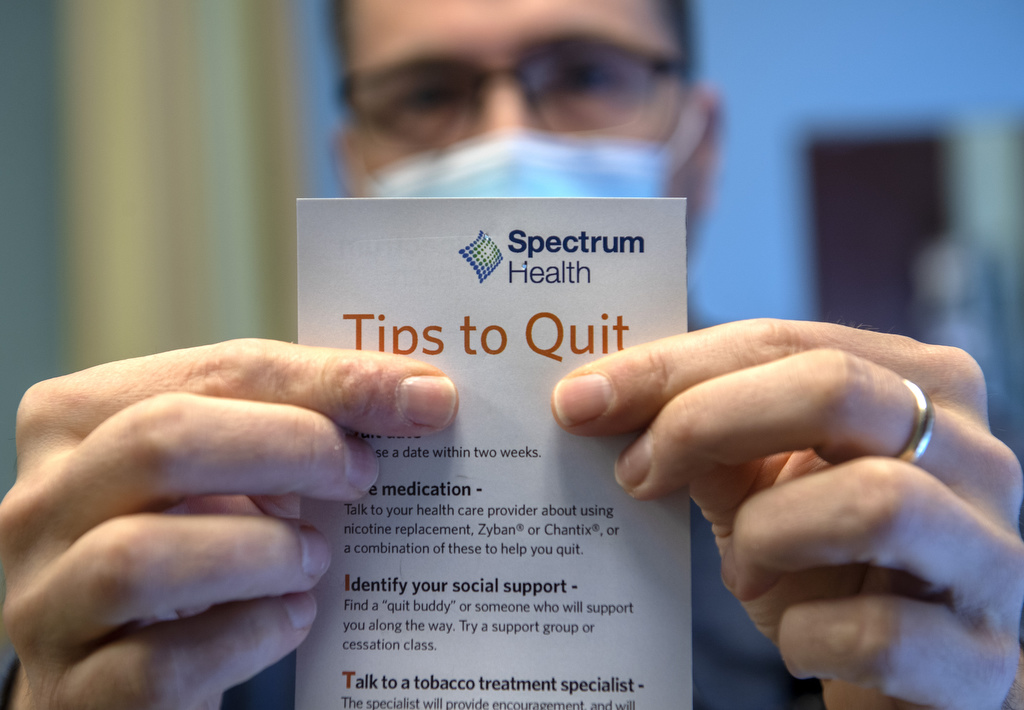


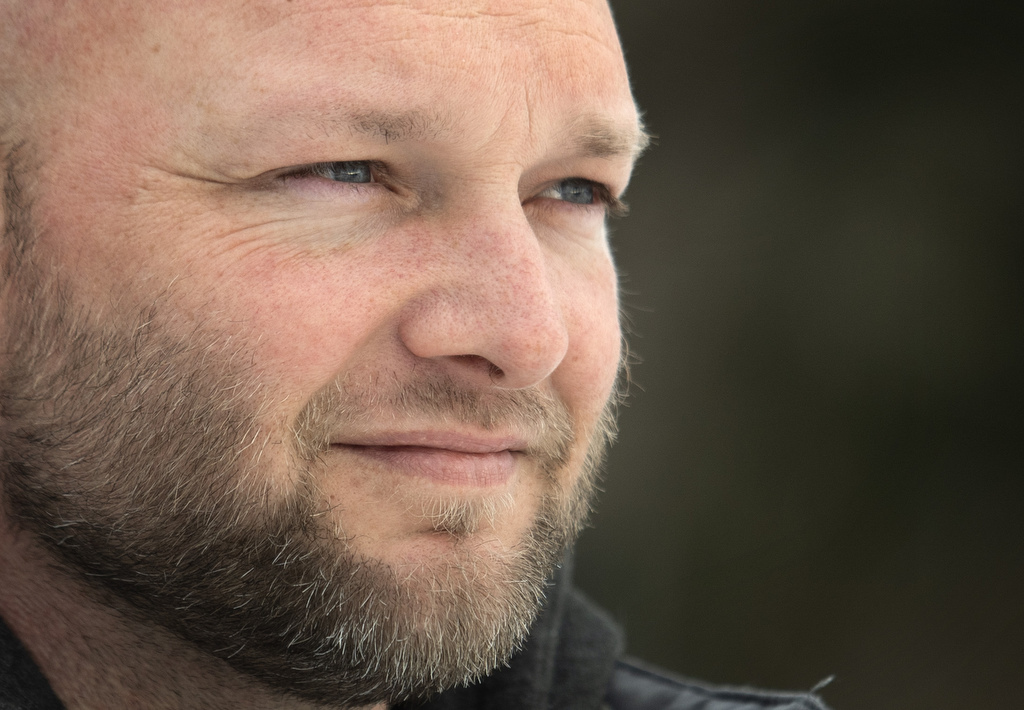

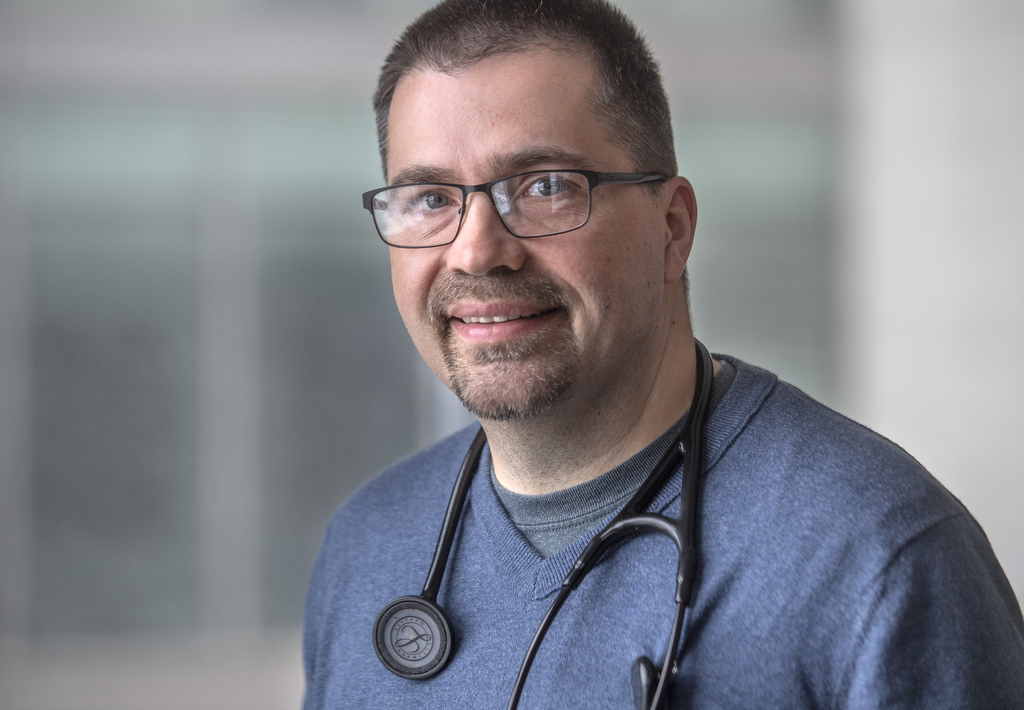


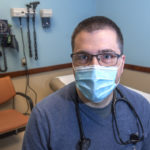







 /a>
/a>
 /a>
/a>
 /a>
/a>